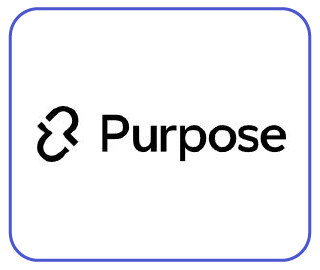How To Divest From Your Bank
Divestment is one of the best ways to hit the fossil fuel industry where it hurts: the money pipeline. By taking our money back from large, fossil-fuel supporting banks, we’re taking funding directly out of the pockets of the fossil fuel industry. This is arguably one of the most important individual actions we can take — besides voting for climate-forward politicians — to address the climate crisis. Here’s how to do it:
Step 1
Find a new community development bank or credit union. Be sure to ask about fees, services and the details about the banking products you need. Make sure the institution you select is FDIC or NCUA-insured.
-
Step 2
Open a new account with a small deposit while keeping your existing bank account open. Order the products you need from your new bank (i.e. checks, debit cards and deposit slips).
Step 3
Make a list of any of your automatic deposits like your paycheck, or automatic withdrawals, like your bills. Move your automatic deposits to your new account. If you have direct deposit for work, ask your employer to transfer your paycheck to your new account (you will likely need to give a voided check from your new account to your employer). The same holds true for Social Security payments or other forms of income you receive automatically. Be sure to ask for the date on which the payment to your new account will take place.
Step 4
If you have only online banking through your old bank, take screenshots of statements or print them out. Save them for your records and keep canceled checks you may later need.
Step 5
Once you have all of your automatic deposits and payments transferred and your checks cleared, transfer the rest of your funds to your new account. Electronic transfer is usually the fastest and safest method.
Step 6
Close your old bank account. Obtain written confirmation that your account is closed.
Step 7
Inform your bank why you are breaking up.



